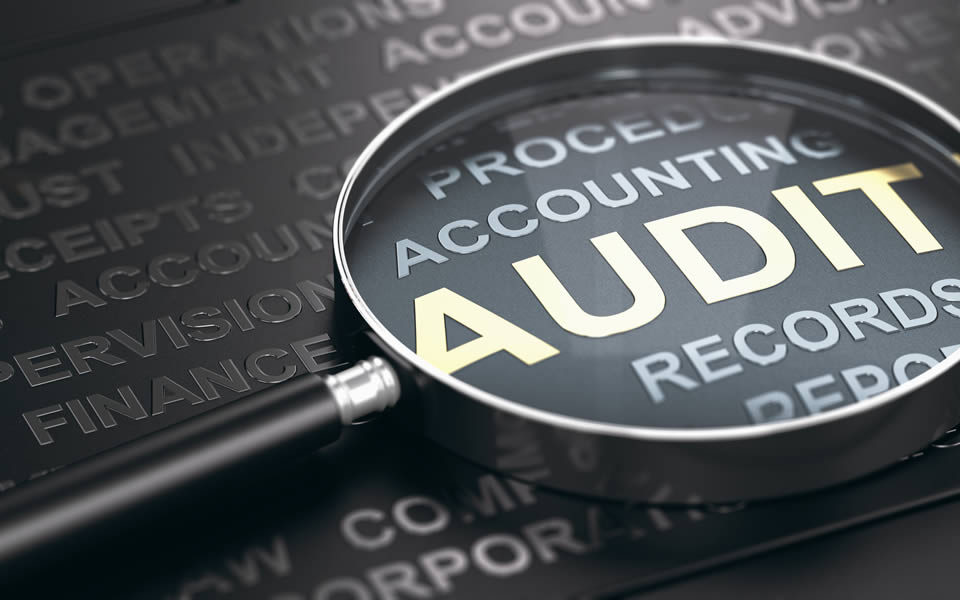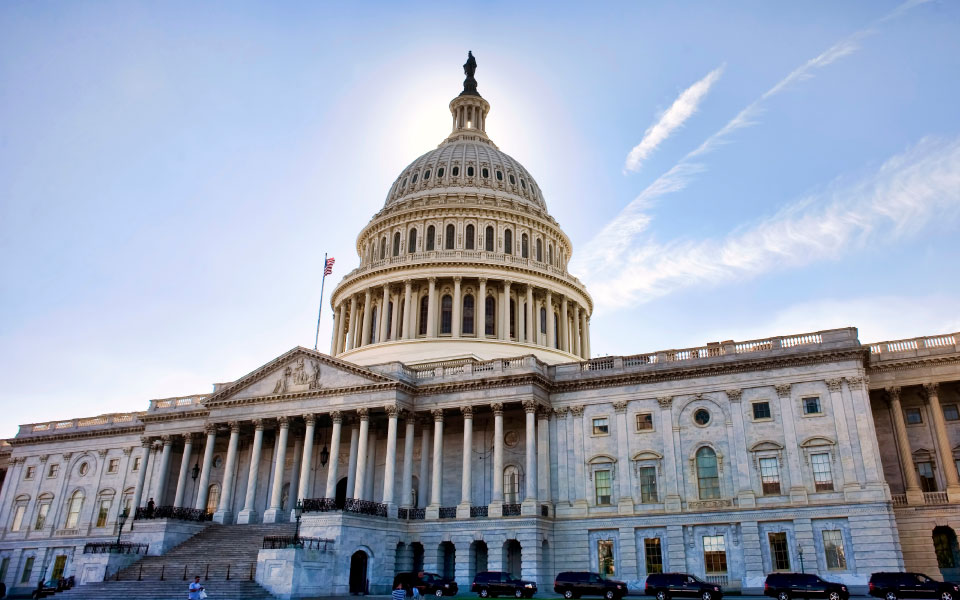The world of digital assets is moving fast, and 2024 and 2025 have been big years for U.S. crypto regulation. The Securities and Exchange Commission (SEC) has issued a flurry of new statements and guidance, addressing everything from meme coins and stablecoins to the arcane details of protocol staking and crypto asset registration. Meanwhile, Congress has stepped in with the groundbreaking GENIUS Act, the first comprehensive stablecoin law in the country.7 Together, these developments mark both a maturing of the regulatory approach and a preview of battles and challenges still to come.
Unpacking the SEC’s New Stance
For years, the SEC’s approach to digital assets has been criticized as a mixture of regulation by enforcement and unclear signals. That’s why the Division of Corporation Finance’s recent series of statements is notable: for the first time, the SEC has tried to draw brighter lines around some of the most confusing issues in the industry.
Take meme coins, for example. These often-viral tokens, born of internet culture and speculation, have previously existed in a regulatory gray area. The SEC’s recent statement clarifies that, provided these coins lack features like profit-sharing, managerial oversight, or a promise of returns, their purchase and sale generally will not be treated as securities transactions.1
The SEC’s clarification on stablecoins is, arguably, even more consequential. For years, debate has raged over whether stablecoins, which are digital assets typically pegged to the U.S. dollar and backed by reserves, should be treated as securities, commodities, or something else entirely. The new guidance draws a crucial distinction- ‘covered’ stablecoins, meaning those fully backed by high-quality reserves and pegged to fiat currency, do not fall under securities laws when merely bought or sold as payment.2 In summary, covered stablecoins used for payment are not treated as securities, making their regulatory path clearer and opening the industry to growth.
Protocol staking, too, gets its moment of clarity. The practice, which involves locking up tokens to support a blockchain network in exchange for rewards, has been a compliance headache for exchanges and DeFi platforms. The SEC now says that, in most cases, direct protocol staking without profit pooling or reliance on a third party does not constitute a securities transaction.[3
Most pragmatically for businesses, the Commission’s statements on registration filings finally offer concrete procedural guidance for those seeking to issue tokens or crypto-related securities, outlining what forms and disclosures will be expected in this transitional period.4 Issuers now have more precise steps for registration, reducing uncertainty.
How the GENIUS Act Changes the Landscape
While the SEC’s recent statements have brought added clarity to digital assets, it’s important to remember that these are only guidance, not law. In contrast, the GENIUS Act (Guiding and Establishing National Innovation for U.S. Stablecoins), signed into law in July 2025, marks a major shift in how stablecoins are regulated. 2, 6
With the passage of the GENIUS Act, the SEC has effectively handed off primary oversight of the stablecoin market to federal banking agencies. However, it retains jurisdiction over certain transactions involving stablecoins that are brokered, traded, or custodied by SEC-regulated entities and exchanges. The law creates a federal licensing regime, establishes reserve and audit requirements, and sets explicit consumer protections for stablecoin issuers. The GENIUS Act is designed to encourage innovation, foster responsible competition, and mitigate risks such as fraud and misuse. Stablecoin issuers must now comply with this specific federal licensing and oversight framework.
What Remains Uncertain?
Even with these developments, much is still up in the air. The SEC’s ‘not a security’ statements for meme coins and covered stablecoins only apply under specific circumstances.1, 2 If a project does not clearly disclose important details, such as its operations, reserves, management team, or risks, it may be considered lacking in transparency and could still be classified as a security under U.S. law. Similarly, staking services and DeFi projects that promise pooled returns, or that rely on a centralized party’s managerial efforts, are by no means in the clear.3 The “Howey Test,” the legal standard for determining what counts as an investment contract, continues to play a major role.5. In summary, regardless of recent SEC guidance, projects that lack full disclosure or are structured to share profits or operate under centralized management may still fall within the scope of securities regulations. This means they could be subject to stricter oversight and requirements under U.S. law. Perhaps the most profound uncertainty relates to tokenization. The SEC’s statements on tokenized securities, where traditional equity or debt is issued or traded on blockchains, are best understood as a warning: technology does not erase the need for legal compliance.6 Tokenized assets are still subject to SEC oversight, and compliance rules are still evolving.
On top of this, the regulatory turf war between the SEC, CFTC, banking regulators, and state authorities is far from settled. With Congress signaling its willingness to pass more digital asset legislation, future jurisdictional boundaries remain fluid.8
Looking Forward: What to Watch
The next twelve months will be a crucible for U.S. digital asset regulation. The implementation of the GENIUS Act will test whether a banking-style regime can deliver both innovation and stability in stablecoins.5, 7 At the SEC, all eyes are on the Crypto Task Force’s upcoming framework, which promises more comprehensive and perhaps enduring answers for market registration, DeFi, and tokenization.4
At the same time, the market is moving ahead. New mechanisms for crypto exchange-traded products could attract more institutional interest and scrutiny 8, and pilot projects for tokenized securities or regulatory sandboxes may soon emerge.
While recent actions have brought more clarity, much remains unsettled. Continued collaboration between regulators, lawmakers, and innovators will be key to shaping the future of the digital asset sector.4, 7
Have questions? Connect with a CBIZ professional today.
References
SEC.gov | Staff Statement on Meme Coins
SEC.gov | Statement on Stablecoins
SEC.gov | Statement on Certain Protocol Staking Activities
SEC.gov | Offerings and Registrations of Securities in the Crypto Asset Markets
SEC.gov | Investor Bulletin: The “Howey Test” and Investment Contracts
SEC.gov | Enchanting, but Not Magical: A Statement on the Tokenization of Securities
SEC.gov | Statement on President Trump Signing the GENIUS Act into Law
SEC.gov | Crypto Asset Exchange-Traded Products
© Copyright CBIZ, Inc. All rights reserved. Use of the material contained herein without the express written consent of the firms is prohibited by law. This publication is distributed with the understanding that CBIZ is not rendering legal, accounting or other professional advice. The reader is advised to contact a tax professional prior to taking any action based upon this information. CBIZ assumes no liability whatsoever in connection with the use of this information and assumes no obligation to inform the reader of any changes in tax laws or other factors that could affect the information contained herein. Material contained in this publication is informational and promotional in nature and not intended to be specific financial, tax or consulting advice. Readers are advised to seek professional consultation regarding circumstances affecting their organization.
“CBIZ” is the brand name under which CBIZ CPAs P.C. and CBIZ, Inc. and its subsidiaries, including CBIZ Advisors, LLC, provide professional services. CBIZ CPAs P.C. and CBIZ, Inc. (and its subsidiaries) practice as an alternative practice structure in accordance with the AICPA Code of Professional Conduct and applicable law, regulations, and professional standards. CBIZ CPAs P.C. is a licensed independent CPA firm that provides attest services to its clients. CBIZ, Inc. and its subsidiary entities provide tax, advisory, and consulting services to their clients. CBIZ, Inc. and its subsidiary entities are not licensed CPA firms and, therefore, cannot provide attest services.















